Already looking to buy Dry Farm Wines? Click here to score a bottle for just a penny!
Alcohol isn’t exactly associated with a “clean” lifestyle. And slapping the an “organic” label on a bottle doesn’t mean much these days either. Alcohol is one of the most loosely-regulated industries out there, which makes it extremely difficult to navigate shopping for the healthiest option.
But what if there was a wine option that is guaranteed to be lower in sugar, keto-friendly and even tested for purity? Meet Dry Farm Wines – the wellness lover’s go-to wine brand.
I first heard about Dry Farm Wines through Instagram and was immediately intrigued. A “healthier” wine? Sign me up. And I’ll be honest when I say this – all the hot and healthy people are seen drinking it. Halle Berry, Kristin Cavallari, Molly Sims, Dr Mark Hyman, you get it. It’s loved by everyone who loves wine yet still wants to live optimally. So what is it that makes Dry Farm Wines loved by so many people?
I’ve always reached for organic or biodynamic wine when possible, although I’ve found that they either 1. tasted absolutely horrible, or 2. they gave me a nasty hangover after just a small glass. I haven’t found a go-to wine that checked all my wellness boxes so I was curious how I’d react with Dry Farm Wines. So I bought my first box, and the rest is history.
In this article you’ll learn:
- A little behind the company, Dry Farm Wines
- The “dry farming” process vs conventional wine making
- What makes these wines healthier than others
- Where to buy Dry Farm Wines
- Our honest Dry Farm Wines review
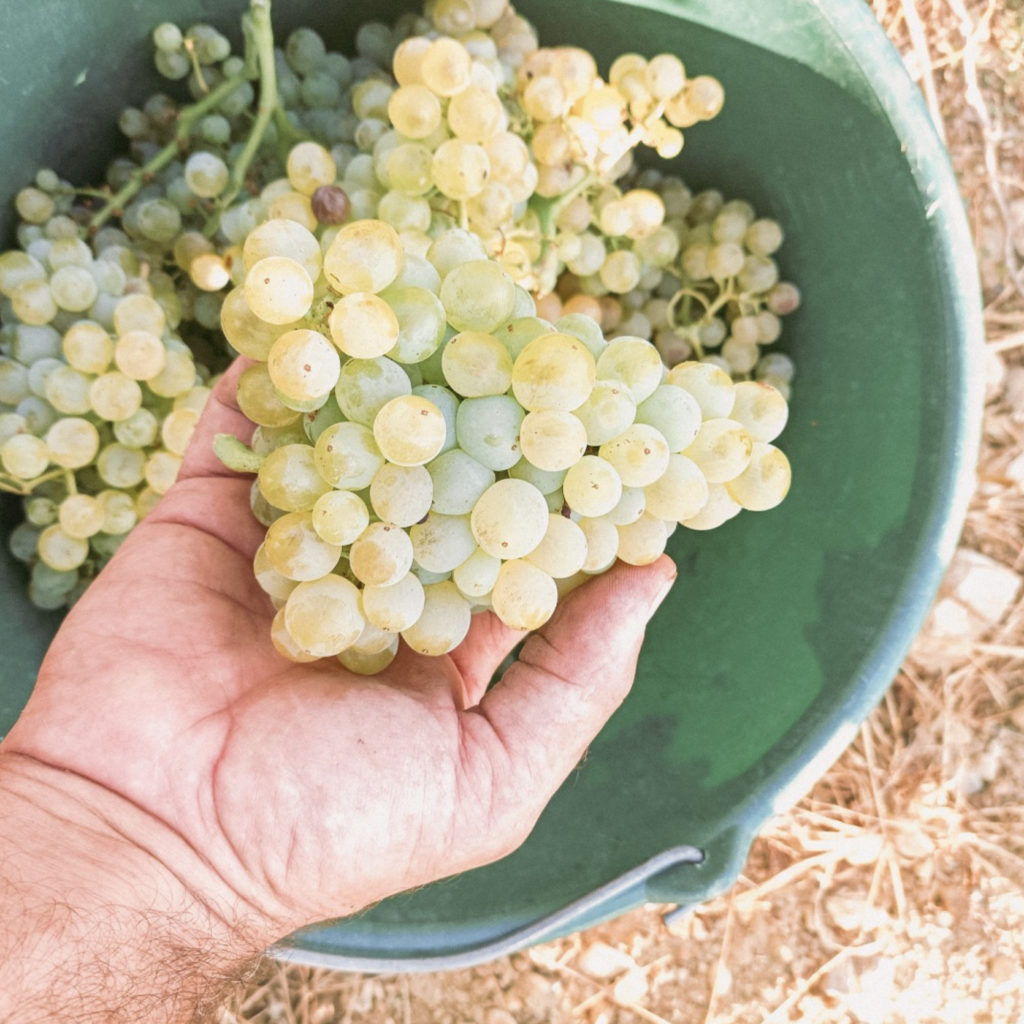
About Dry Farm Wines
Dry Farm Wines is a California-based wine company that specializes in producing natural, organic, and biodynamic wines that are lab-tested for sugar and alcohol content. Dry Farm’s wines are loved by thousands of health-conscious customers, as they are made from low-sugar and low-alcohol grapes grown using traditional farming methods.
Dry Farm Wines sources its wine from small, independent, family-owned vineyards located throughout the world. According to the company, all of their wines are made from grapes that are dry farmed, which means they are grown without irrigation and with minimal intervention in the vineyard. The grapes are hand-harvested, and the wine is made using natural, traditional winemaking techniques with minimal added sulfites, if any.
Dry Farm Wines works directly with the vineyard owners to select the highest quality, organic or biodynamic grapes, and to ensure that their wine is produced in a sustainable and responsible manner. By sourcing their wine directly from the vineyard, Dry Farm Wines is able to offer its customers unique and high-quality wines that are not widely available in the market.
What you can guarantee in each Dry Farm Wines Bottle
- Sugar Free (less than 1g/L)
- Lower Alcohol (12.5% alcohol or less)
- Lower Sulfites (75 parts per million (ppm) or less)
- Average of +/- 2 grams carbs per glass
What exactly does “Dry Farmed” mean for wine?
Dry farming is a traditional method of wine grape cultivation that involves growing grapes without irrigation. Instead, the vines are sustained by the moisture in the soil and the rainfall that occurs naturally in the area.
Dry farming grapes may include the following practices:
- Selecting drought-resistant grape varieties: Certain grape varieties are better suited to dry farming, as they are able to adapt to water scarcity.
- Deep soil preparation: The soil is tilled deeply to allow roots to reach down to the subsoil and access the moisture stored there.
- Mulching: A layer of organic matter is placed around the vines to conserve moisture in the soil and reduce evaporation.
- Proper pruning and canopy management: The vines are pruned and trained to optimize their exposure to sunlight and conserve moisture.
- Managing the soil moisture level: The soil moisture level is monitored regularly to ensure the vines are getting enough water to produce high-quality grapes.
By relying on natural rainfall and soil moisture instead of irrigation, dry farming promotes water conservation and results in healthier vines that produce more flavorful and aromatic grapes. Dry Farm wines estimates that their growers save roughly 700 million gallons of water annually by utilizing dry farming.
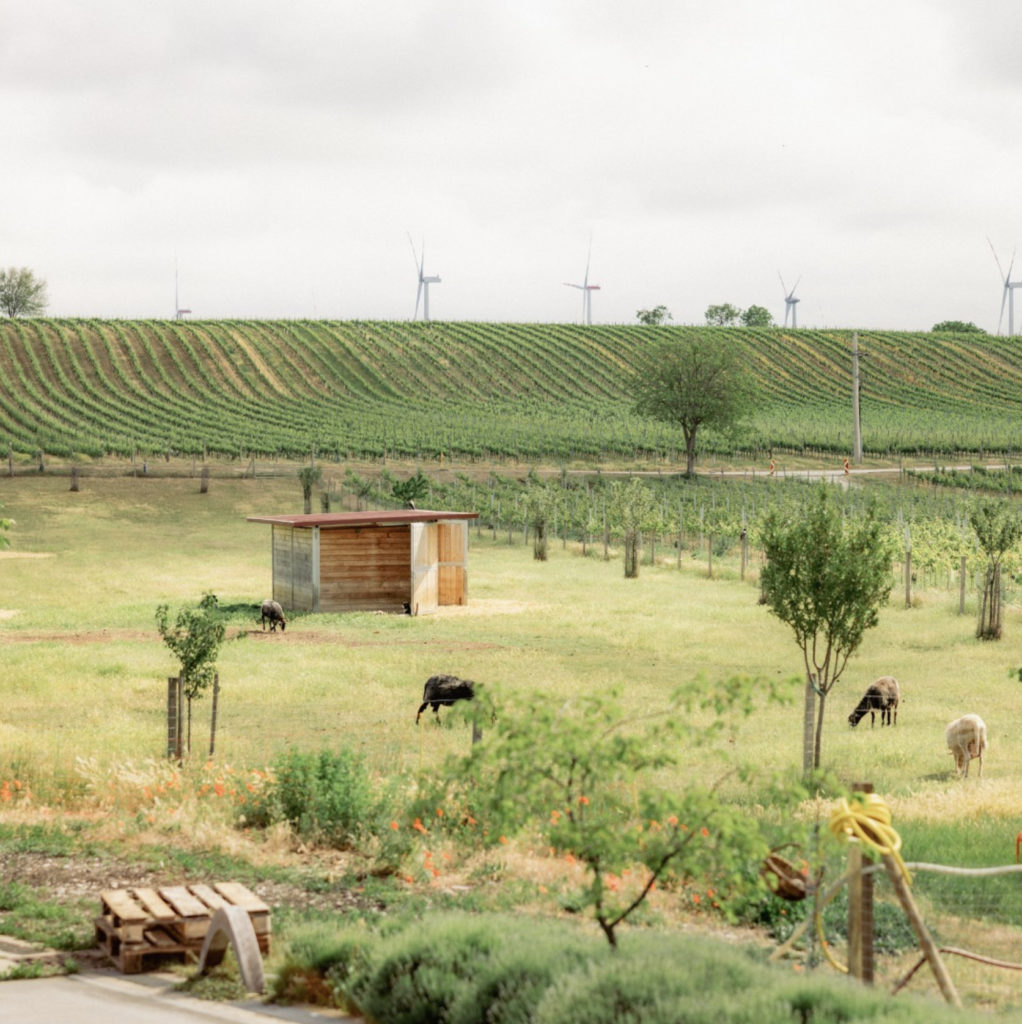
What are the main differences between Dry Farmed and conventional wine?
On the other hand, regular wine is made from grapes that are grown using irrigation, where water is supplied to the vines as needed.
The difference between the two types of wine can be seen in several areas:
- Flavor: Dry farmed wines are known for having a more concentrated flavor and aroma, as the grapes are grown in a more stressful environment and produce less fruit.
- Sugar content: Dry farmed wines tend to have lower sugar levels, as the vines produce fewer grapes and the grapes are smaller in size.
- Alcohol content: Dry farmed wines are usually lower in alcohol content compared to regular wines, as the grapes have a lower sugar content.
- Environmental impact: Dry farming is a more sustainable method of grape cultivation, as it conserves water resources and reduces the use of chemicals and fertilizers.
- Viticulture practices: Dry farming is often associated with traditional and holistic viticulture practices, such as biodynamic farming, which incorporates principles of natural farming and holistic health into grape cultivation.
Ultimately, the difference between dry farmed and regular wine comes down to the growing conditions and the winemaking methods used. Both types of wine can be high quality and delicious, but dry farmed wines offer unique characteristics that reflect the natural and sustainable methods used in their production.
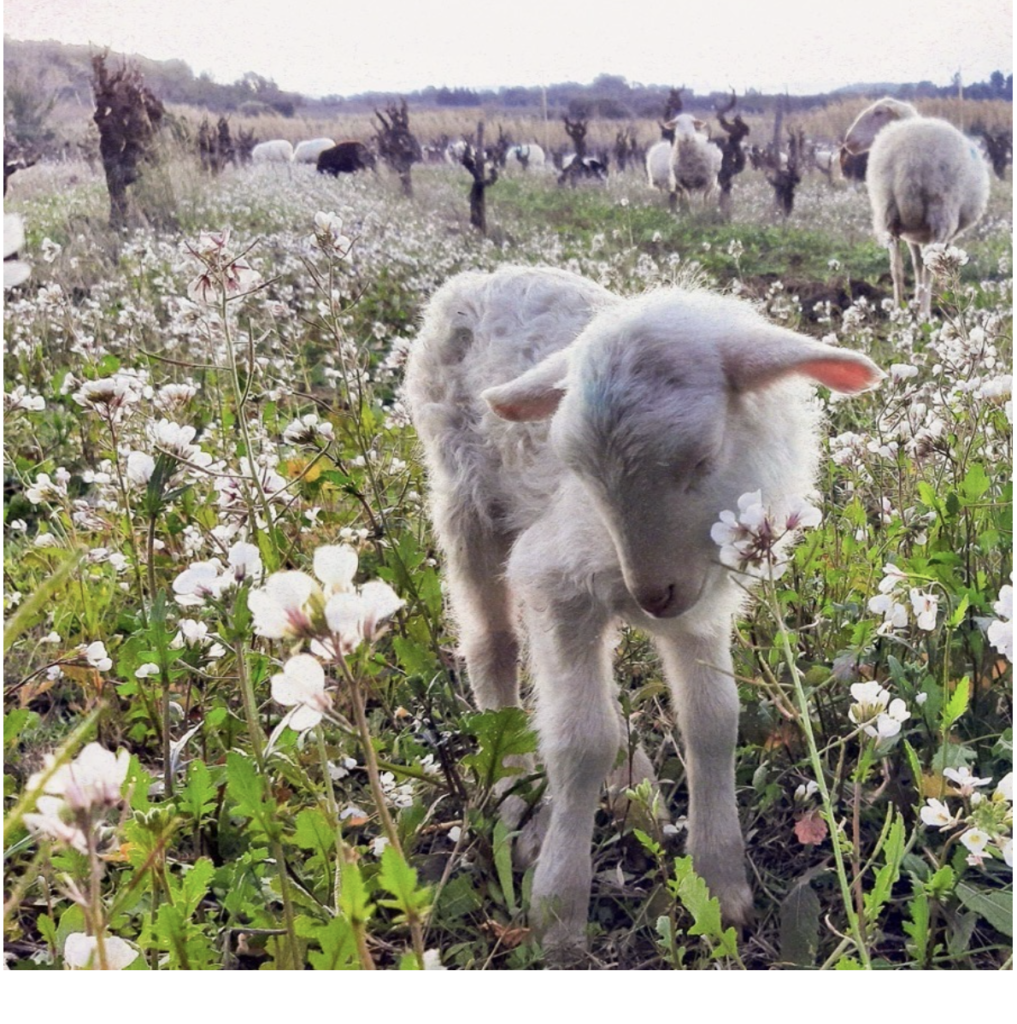
What we love about Dry Farm Wines
They Support Family Growers
Many people don’t realize that most name-brand wines have grapes from multiple vineyards that utilize industrial practices that often harm the soil and biodiversity. Dry Farm Wine’s sources small family farms around the world that utilize regenerative, organic practices (that are often more strict than in the US.) Make sure to give them a follow on Instagram if you want a peek at how beautiful their family vineyards are!
You can actually taste the difference.
I’ve tried different bottles of the white, red, rosé and sparkling – and there isn’t one I don’t like. I’m usually not a white wine drinker, although I found myself loving a chilled glass of white. None of the bottles that I’ve tried have been super sweet and more on the dry side, which is what I personally prefer. You don’t need to be a sommelier to taste the difference in purity between Dry Farm Wines and other name brand bottles.
They lab test their wines for purity & quality.
Dry Farm Wines claims that all of their wines are lab tested to ensure their purity and quality. The company tests each wine for alcohol levels, residual sugars, and sulfite levels, among other things, to ensure that they meet their strict standards for clean, healthy wine.
In addition, Dry Farm Wines also conducts extensive research and due diligence on the vineyards and winemakers they work with to ensure that their products are made in a sustainable and responsible manner. The company is committed to offering its customers high-quality, clean wines that are free from harmful chemicals and additives, and the lab testing is one way they verify the purity and quality of their products.
No nasty hangovers
Just because you’re drinking organic wine doesn’t mean you’re in the clear from a hangover. I remember drinking two glasses of an organic wine I purchased from Trader Joe’s, and to my dismay, I woke up with a gut-wrenching hangover.
Dry Farm Wines are made with high-quality, organic, and biodynamic grapes that are grown without the use of added sugars, harmful chemicals or pesticides – all practices that can minimize the risk of a hangover.
It’s Naturally low in sugar
Dry Farm Wines wines are lab tested to ensure they are completely sugar-free and fully fermented. So how can they be sugar-free? DFW tests each bottle to make sure the sugars are fully fermented, which means the native yeasts have converted all of the sugar in the grape juice into alcohol. This is something that most other wine makers don’t do (and they often add more sugar than imaginable to the final product!)
And yes, that means they’re keto-friendly too! It’s the type of wine that pairs well with a health-conscious lifestyle and realistic goals.
Zero toxic additives
Every wine they offer is completely free from dyes, pesticides, herbicides, and other chemicals including FDA-approved dimethyl dicarbonate.
Each grower that works with Dry Farm Wines also goes through a strict vetting process. Every bottle must be farmed organically, grown without irrigation, and fermented with wild non GMO native yeasts.
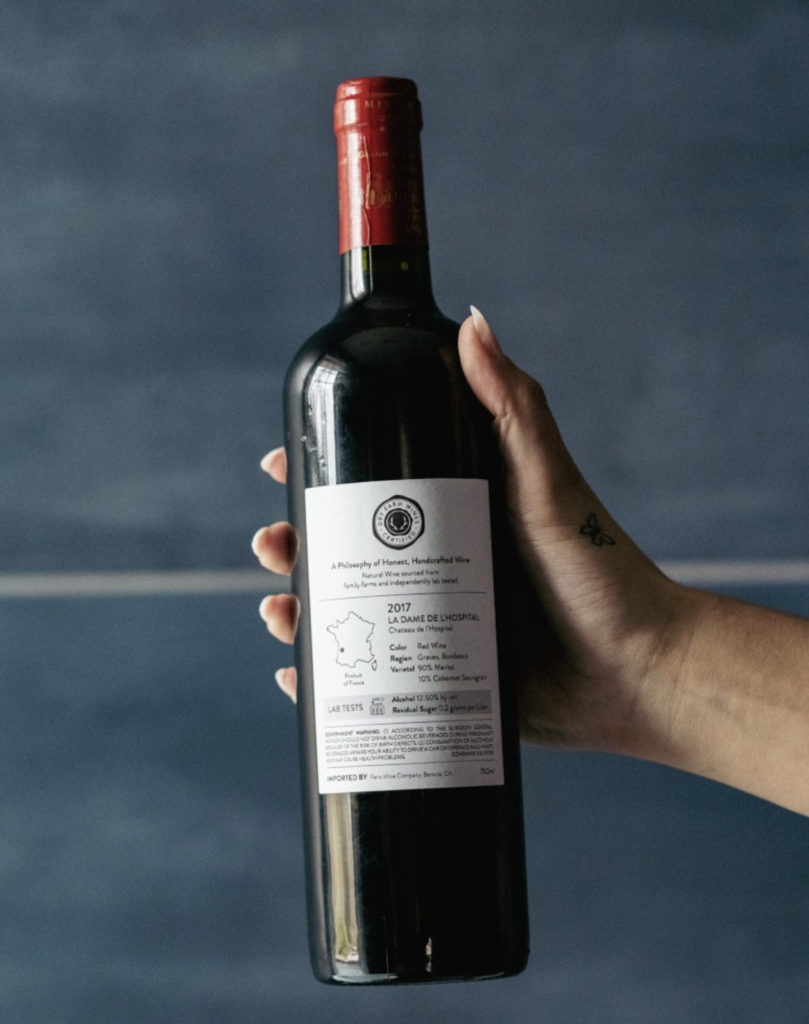
How to order Dry Farm Wines
One thing to note is that you won’t be able to find any Dry Farm Wine bottles in retail stores – their wines are only available through their website.
There’s a few options when purchasing wines through Dry Farm Wines. You have the option to order a one-time gift or order a subscription, which order sizes running form 3 to 12 bottles per box. No matter what you choose to do, you can customize your boxes to be all red, white, rose, sparkling or a mix – its completely up to you.
What we love about the subscription is that you can skip or edit any order once you’re a member. They often run specials throughout the year so it’s a perk to be on this list. And if you don’t love it, they’ll give you a refund.
Our Final Thoughts
Dry Farm Wines has quickly become a staple in our household. After my husband and I completed our #AnimalBased30 Challenge last month, we’re only inclined to drink on occasions when we have healthier options – and a glass or two of Dry Farms Wine does the trick.
One thing I will say that the price point is a little more steep than other bottles, averaging roughly $24 per bottle (with at least a 3 bottle minimum, depending on the variety you choose.) But I justify the price because I value knowing whats going into my body, and not having a raging hangover after a glass or two is worth every penny to me!
I’m also not a big fan of doing any sort of subscription, but this is one I can get behind. I genuinely love having healthier wine options in the house when we host family and friends (which happens a lot) or when I’m craving a glass while cooking dinner. I also able to edit my preferences and push our order dates when we’re out of town or too stocked up.
All in all, Dry Farm Wines is Hive-Approved. Not only does our entire team love the wine, we also love that they prioritize a sustainable supply chain, say no to pesticides, and support organic and regenerative agriculture as well.
Want to try it for yourself? Use this link to get an extra bottle for just 99 cents!
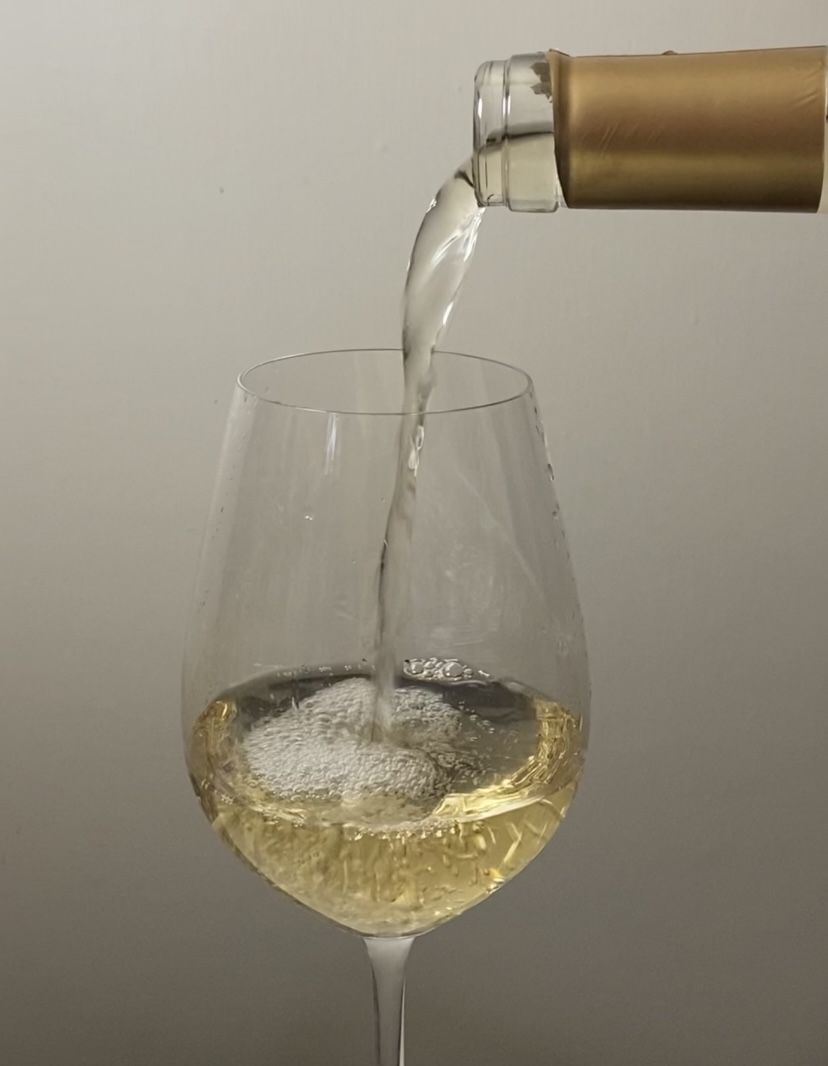

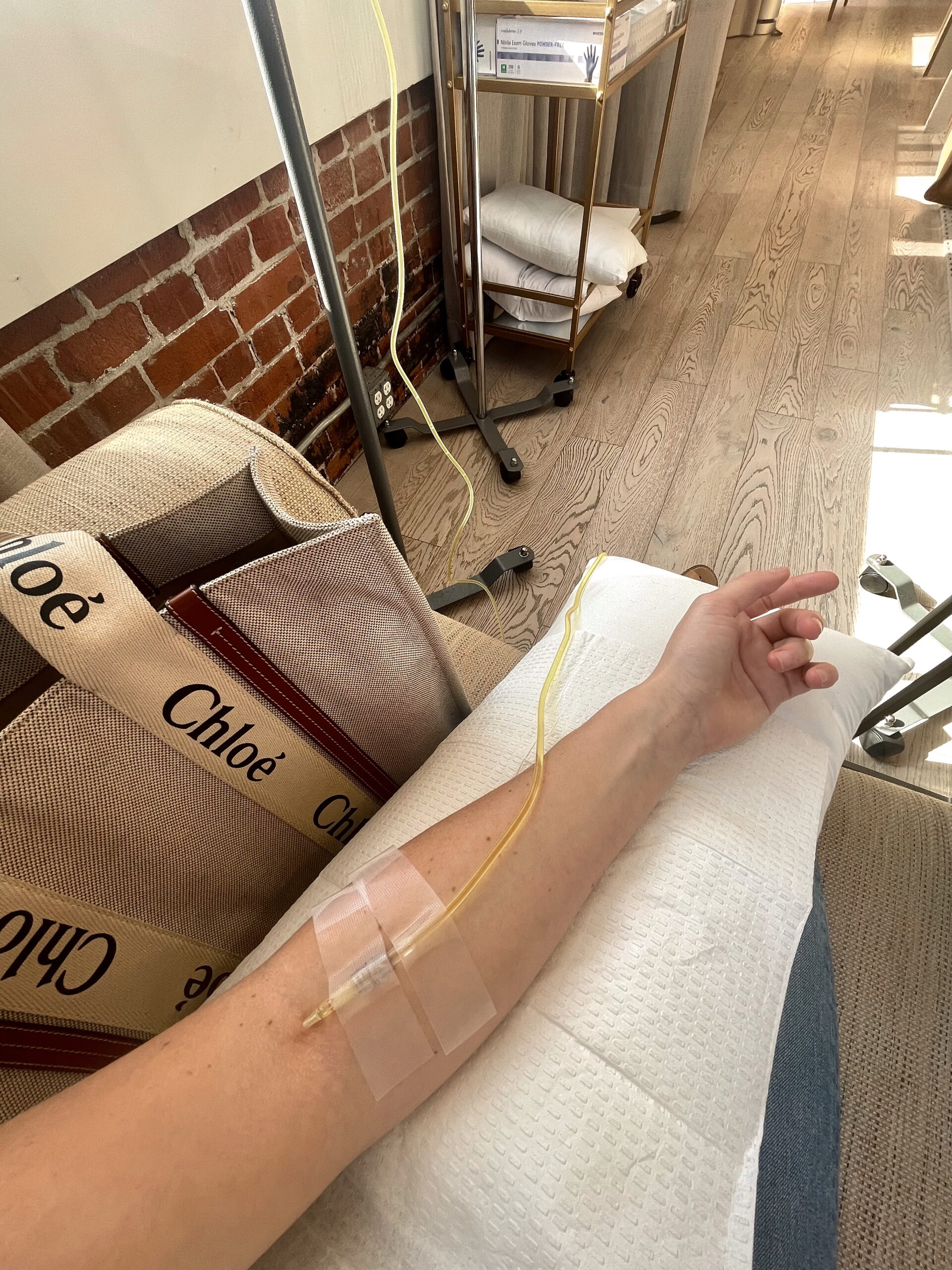

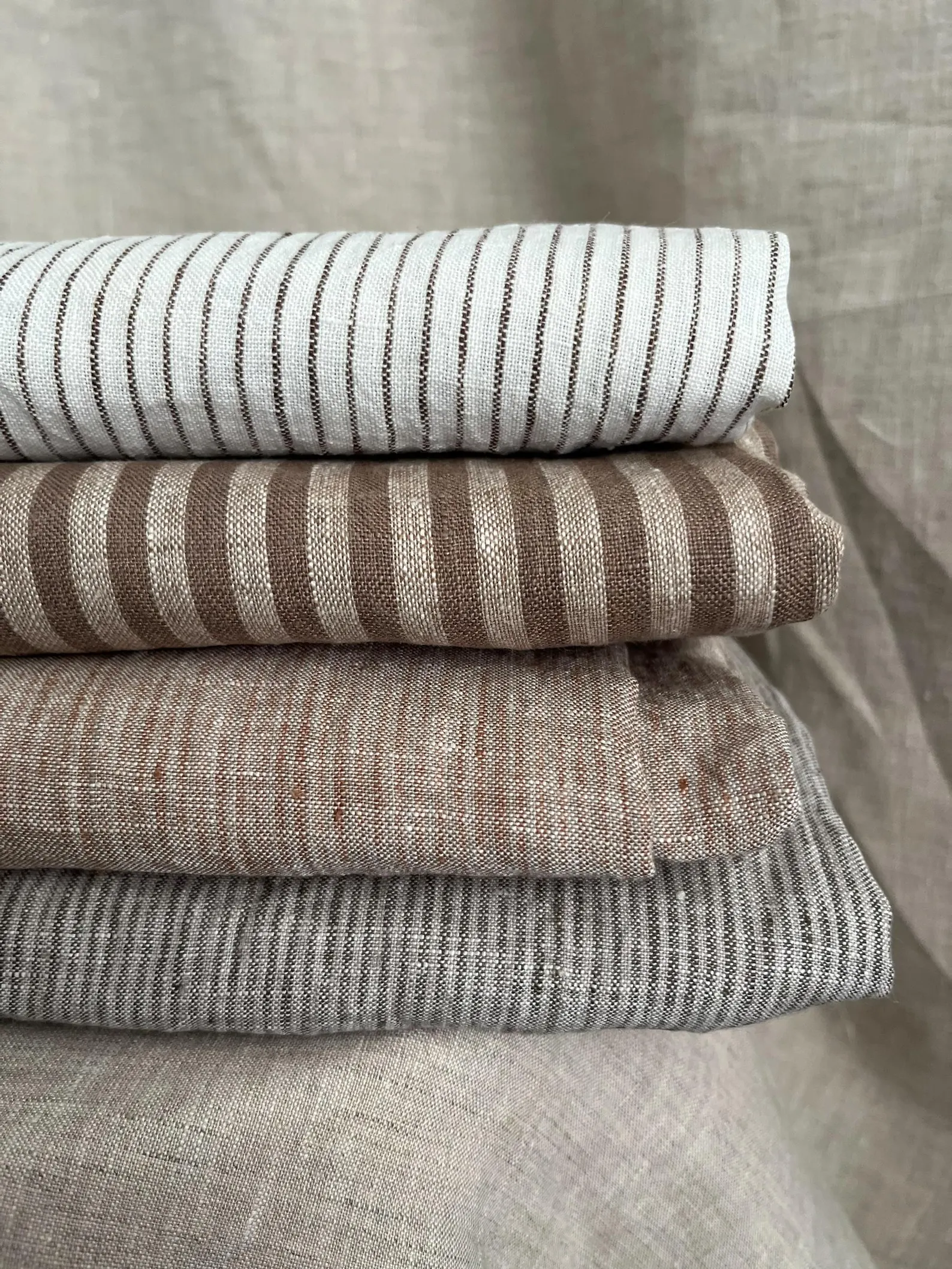
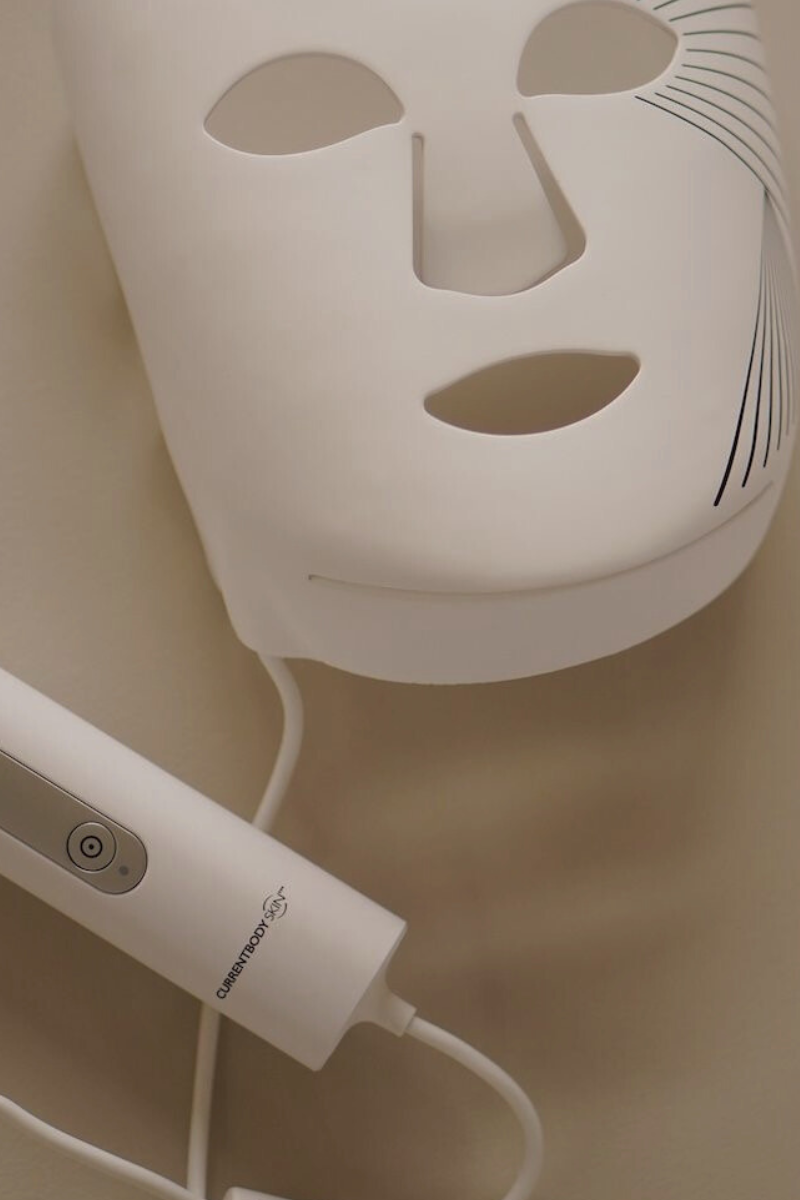
Comments +